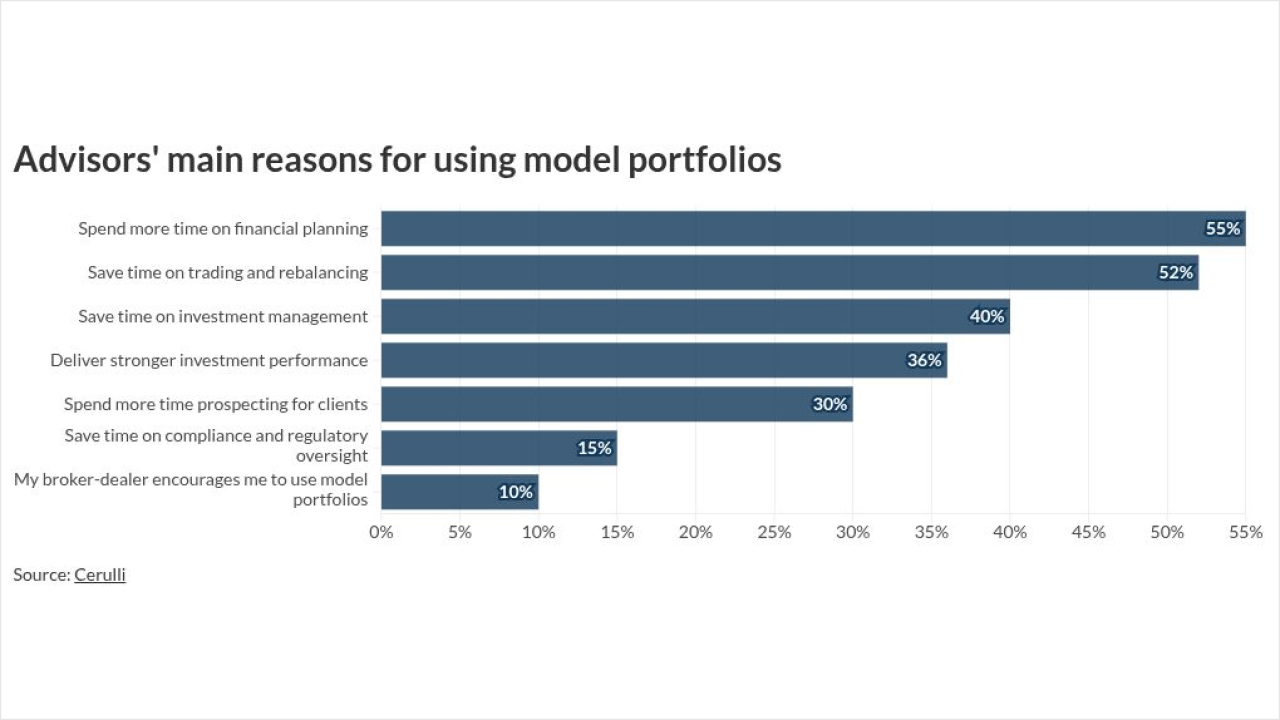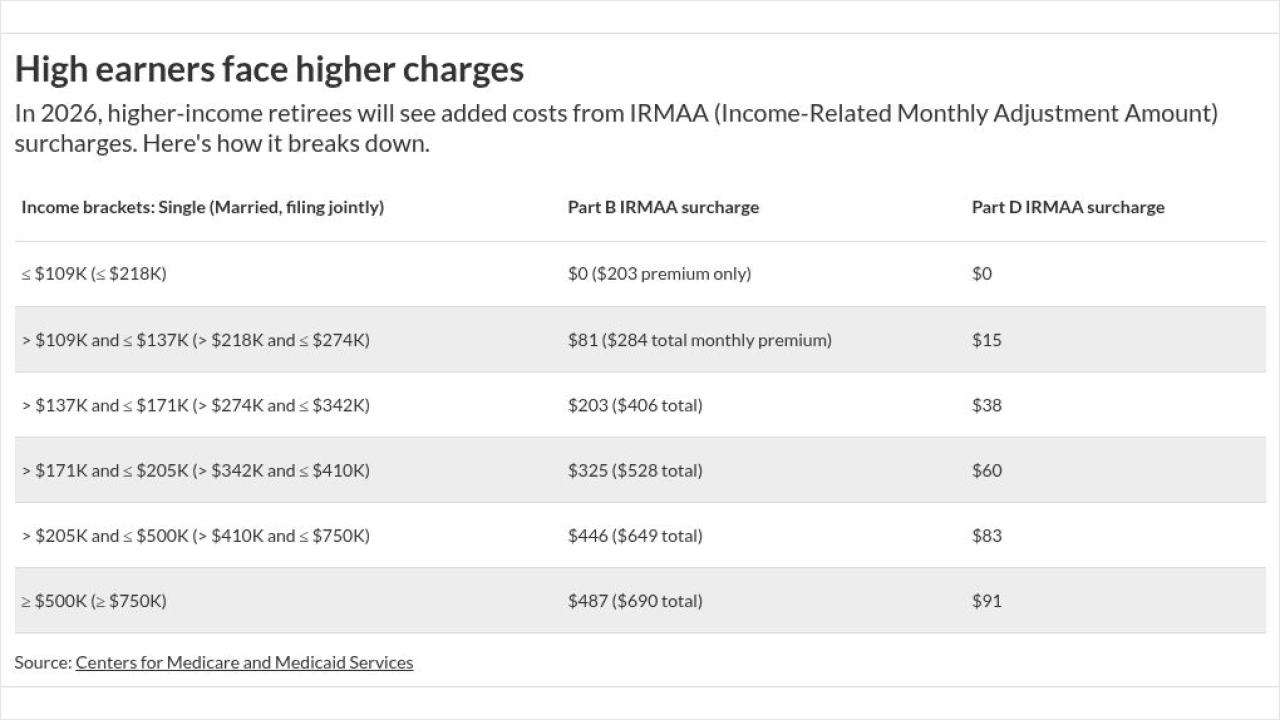Morgan Stanley is making a third attempt to force private arbitration on an advisor who accuses the firm of wrongful termination.
The firm’s private program, known as CARE,
And how a federal judge rules on the firm’s latest motion in a nearly yearlong dispute with former employee Craig Schmell could impact whether other advisors can avoid having their grievances forced into Morgan Stanley’s private arbitration forum.
“We are disappointed, but not surprised, that Morgan Stanley has filed yet a third motion to compel arbitration in violation of the Court’s explicit instruction to simply submit a brief on the issue of notice,” says Schmell’s attorney, Joshua Bauchner. “It is telling how desperate Morgan Stanley is to keep this matter out of public view so as to hide their egregious mistreatment of plaintiff.”
Schmell was terminated in October 2017 after he penned a memoir about drug addiction he suffered prior to his employment at Morgan Stanley. He had been at the company since 2006, according to FINRA BrokerCheck records.
Schmell provided his employer with a draft of the book, dubbed “The Uninvited: How I Crashed My Way into Finding Myself,” in June 2017, and made changes requested by management that included not mentioning Morgan Stanley, according to court documents.
Still, Morgan Stanley purportedly saw the memoir as posing reputational risk. Schmell, however, contends he was fired unfairly because of his drug addiction, according to court documents.

In December,
Morgan Stanley has tried, and so far failed, to compel Schmell into arbitration. The wirehouse argues in court filings that Schmell had agreed to hash out disputes in Morgan Stanley’s private arbitration forum by not opting out of program. The company had sent an email in September 2015 to employees, telling them that they had one month to opt-out of the agreement, dubbed Convenient Access to Resolution for Employees or CARE.
Judge Anne Thompson rejected the company’s first attempt, granting a limited discovery period so that both sides could establish whether Schmell had been properly notified of the CARE program.
In a new filing this week, Morgan Stanley reiterated it sent an email notification to all employees, including Schmell; that an arbitration agreement and guidebook were posted to the firm’s intranet; and that Schmell’s claims that he does not recall reading the notification is insufficient justification for not compelling him into arbitration now.
Morgan Stanley also points out that four other courts have ruled against advisors who had been sent the email notification yet argued they were unaware of the opt-out provision.
“The same conclusion should be reached in this case,” the company says in its court filing. “Because there is no genuine issue of material dispute that plaintiff [Schmell] received notice of the CARE Arbitration Agreement, this Court should compel the parties to arbitration and stay this case.”
-
Craig Schmell says the firm terminated him because of alcohol and drug addiction issues he had 30 years ago.
June 1 -
The firm says former employee John Lockette agreed to have disputes heard in a private forum when he did not take advantage of an opt-out provision.
May 11 -
The dispute pits four advisors against big Wall Street names: Wells Fargo, Morgan Stanley, Raymond James and Merrill Lynch.
August 7 -
Her fresh criticism comes after FINRA barred her former Morgan Stanley branch manager this week.
June 21
For his part, Schmell’s attorney has contested Morgan’s claims.
In a letter sent to the judge last month, Bauchner, an attorney at Ansell Grimm & Aaron, asserted that the discovery process confirmed Schmell was not in the office when the email about the CARE program was sent and had no ability to remotely access the email at that time. Schmell has also repeated said he has no recollection of any CARE email.
“In fact, contrary to establishing notice, the discovery instead supports Morgan Stanley’s bad faith in seeking to impose a unilateral waiver of plaintiff’s [Schmell’s] Constitutional rights,” Bauchner writes.
Schmell’s attorney notes that Morgan Stanley sent the notification after the markets closed on the Wednesday before Labor Day, when many employees would have left the office already or been on vacation. The company also did not provide a hardcopy of the arbitration agreement to employees.
“Tellingly, moreover, although Morgan Stanley professes the email holds great import in seeking to waive its employees’ rights and to compel arbitration, it not only was sent after hours, it was sent only once,” he writes.
If the arbitration agreement was as important as Morgan Stanley insists, then the company would have gone to greater lengths to ensure its roughly 15,000 advisors had ample notice of its existence, Bauchner argues.
Judge Thompson will make a decision on the latest motion by Oct. 1, according to court filings.
A Morgan Stanley spokeswoman declined to comment on the case.





